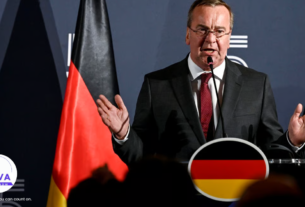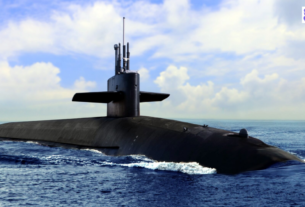LONDON The UK government has officially launched a wide-ranging Strategic Defence Review, its first under a Labour administration since 2003, signaling a major overhaul of national security priorities amid growing global threats.
The review is being led by Lord George Robertson, former NATO Secretary General and former Defence Secretary, and is expected to serve as the blueprint for the modernization of the UK’s armed forces. It comes at a time when cyberattacks, missile strikes, and hybrid warfare are rapidly reshaping the global security environment.
Prime Minister Keir Starmer, who made defense reform a pillar of his foreign policy agenda, stated that the review would ensure Britain is “prepared for the threats of tomorrow, not just the battles of yesterday.”
Among the core focuses of the review are:
- Upgrading cyber capabilities across the Ministry of Defence and intelligence agencies
- Enhancing missile defense systems against long-range threats
- Improving military readiness and recruitment across all branches of the armed forces
- Reevaluating the UK’s nuclear deterrent strategy
- Deepening international defense cooperation, particularly with NATO, AUKUS, and Indo-Pacific partners
Lord Robertson emphasized the urgency of modernizing UK defense doctrine, stating, “This review is not about nostalgia. It’s about survival in a world that has become more dangerous and unpredictable.”
The move comes amid increasing tensions in Eastern Europe, the Middle East, and the Indo-Pacific. British intelligence has also warned of heightened espionage activity and foreign cyber intrusions, particularly from hostile states like Russia and China.
The review will include consultations with military leaders, cybersecurity experts, Parliament, and allied governments, with a final report expected by early 2026.
Opposition voices have largely welcomed the review but called for assurances that it will not lead to cost-cutting at the expense of frontline readiness. Former Defence Secretary Tom Tugendhat urged the government to “follow through with investment, not just intent.”
This review is seen as an opportunity for Labour to redefine its legacy on national security, last shaped by the 2003 review under Prime Minister Tony Blair during the Iraq War era.
Analysts say the outcome could reshape British defense posture for a generation, especially as global alliances shift and emerging technologies outpace traditional military planning.




